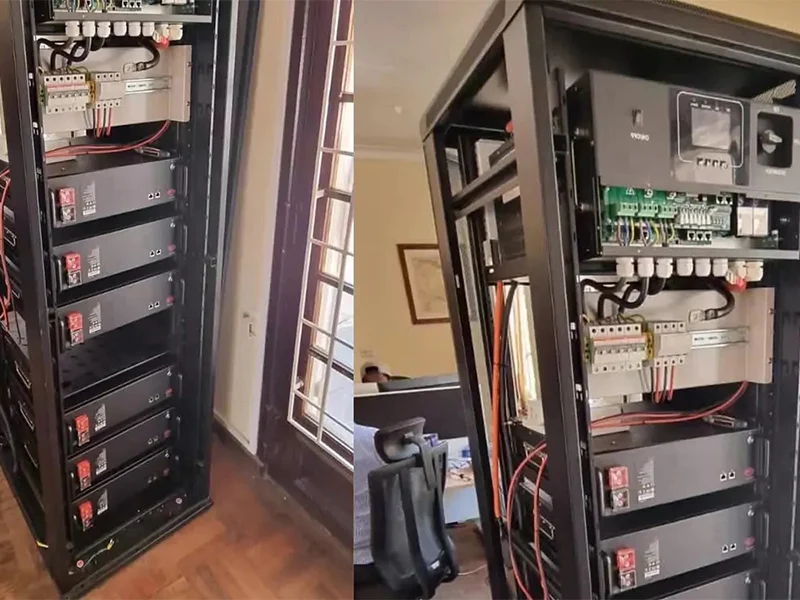A small to medium-sized company in Kenya’s Central Province recently implemented a 30kWh indoor energy storage system to address their power instability issues.This is among those companies that have been plagued by frequent local outages. These disruptions run from day-to-day operations to the satisfaction of customers.

In Kenya, these power outages are considered a local affair that disrupts operations, so having a backup energy solution means the difference between continuity and discontinuation of business operations. Essentially, BESS is mostly a lifeline for several companies, especially those operating in remote or areas with limited grid coverage, to make sure their operations could continue even if the grid went down.
BESS offers an elegant solution to the ongoing issue of power instability in Kenya. Here’s how:
The introduction of the BESS system in companies is part of the wider trend within Kenya's energy sector, shifting toward renewable energy and sustainable solutions. In general, as Kenya continues with its investment in green technologies, BESS is a solution that will play an increasingly important role. These systems are beneficial for small and medium-sized companies, households, and large industries that depend on consistent energy supplies.
One of the most exciting prospects is the integration of BESS with solar power, which is abundant in Kenya. Solar energy, when coupled with an energy storage solution, can offer a reliable, off-grid energy system that can help businesses and homes in remote areas become self-sufficient. With ongoing advancements in energy storage technology, we’re likely to see more affordable and efficient systems entering the Kenyan market in the coming years.